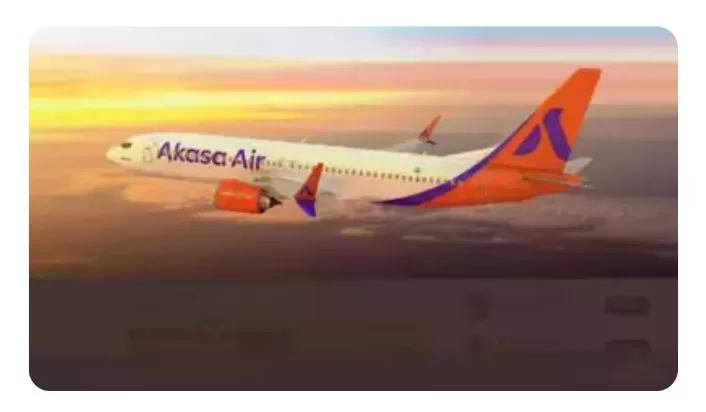New Delhi – Akasa, the burgeoning Indian airline, has been granted flying rights to operate international routes to Saudi Arabia, Kuwait, and Qatar this winter, leveraging existing bilateral agreements. These approvals come as a major development in the airline’s expansion plans. However, Akasa will need to wait to commence flights to Dubai, which remains a significant foreign destination for Indian travelers, as the existing bilateral rights for Dubai have been fully exhausted.
To begin its international operations, Akasa must first apply to be designated as an Indian airline by the government. Once granted this status, the airline can then inform the respective countries in question. These countries will subsequently review the designation based on their own regulations. Once approved, Akasa can initiate the process of securing airport slots in these countries.
Official comments from Akasa on this matter are pending as of the time of publication.
Bilateral agreements, the foundation of international air travel, are in place between two countries and specify the rights for designated carriers from each side. These agreements also involve a verification process to ascertain substantial ownership and effective control (SOEC) of foreign airlines seeking to operate flights. In the global context, some European airlines are exceptions to this rule due to the substantial ownership and effective control held by larger entities. For instance, airlines like Swiss and Austrian, which operate on bilateral agreements with Switzerland and Austria, have their SOEC maintained by Germany’s Lufthansa. This list is expected to grow as Lufthansa is in the process of acquiring a stake in Italy’s ITA, the successor to the now-defunct Alitalia.
Akasa currently possesses a fleet of 20 aircraft and has been able to initiate international operations under the revised 0/20 rule, which allows Indian carriers to do so once they have a minimum of 20 aircraft in their fleet, with no restriction on the number of years of operation. This is a significant departure from the earlier 5/20 rule, which included a requirement for airlines to have a minimum of five years of operational experience.
[Please note that the information provided is based on developments as of October 10, 2023, and is subject to change.]




